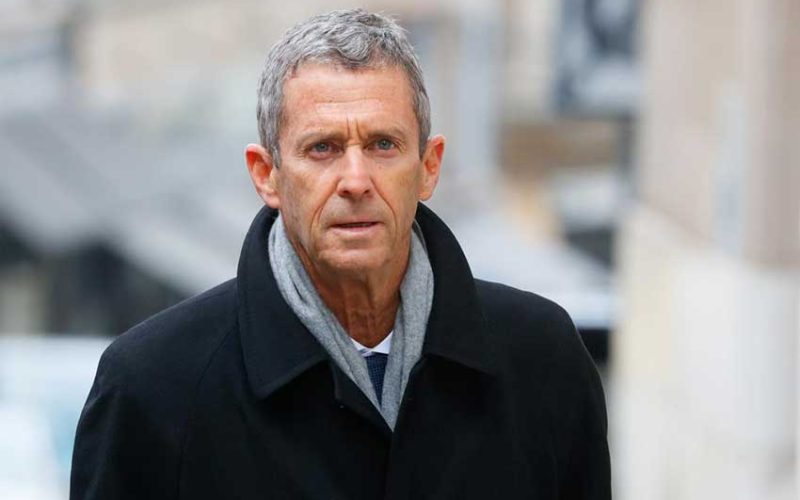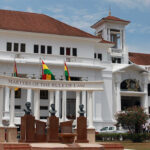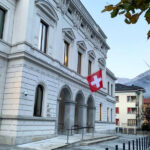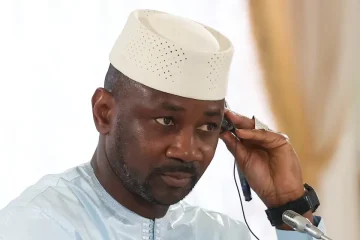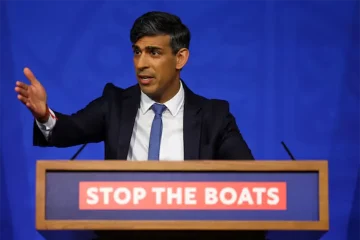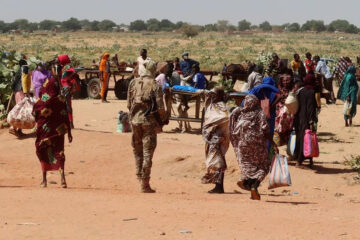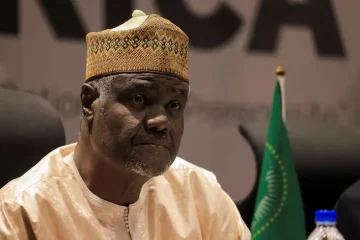STEPHANIE NEBEHAY
IN a landmark verdict in one of the mining world’s most high profile legal cases, a Swiss criminal court found Israeli businessman Beny Steinmetz guilty of corruption and forgery on Friday and sentenced him to five years in jail with a sizeable fine.
The ruling is a blow for Steinmetz, a diamond trader, whose pursuit of the world’s richest uptapped deposits of iron ore put him at the centre of a battle that has triggered probes and litigation around the world.
Steinmetz said he would appeal the verdict, which also included a 50 million Swiss francs ($56.48 million) fine.
“It is a big injustice,” he told reporters in the courtyard of the Geneva courthouse.
Friday’s verdict followed a two-week trial of Steinmetz and two others variously accused of paying or arranging payment of $10 million in bribes to obtain exploration permits for iron ore buried beneath the remote Simandou mountains of Guinea and of forging documents to cover it up through a web of shell companies and bank accounts. All three denied the charges.
Presiding judge Alexandra Banna said Steinmetz and his co-defendants had used fake accounts and attempted to have incriminating documents destroyed to hide their criminal behaviour.
Banna said that Steinmetz had made an immediate profit from the rights to mine and not a cent went to the West African nation of Guinea.
No one from the government in Guinea was immediately available to comment.
Steinmetz, 64, a former Geneva resident who moved back to Israel in 2016, has in the past been ranked as a billionaire and one of Israel’s wealthiest men. Asked by the court to estimate his personal fortune, he said it was $50-80 million.
“TOTALLY COMBATIVE”
Central to Steinmetz’s defence was his claim that he was not involved in the day-to-day running of Beny Steinmetz Group Resources (BSGR). He described himself as the owner and company ambassador but not the boss of the group that employs some 100,000.
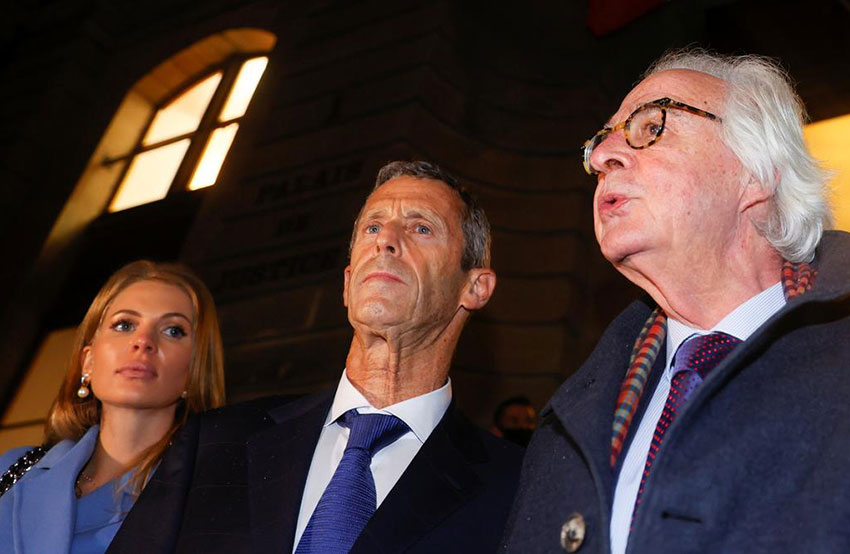
In a stinging rebuke, Banna said Steinmetz’s defence thesis of “name dropping” did not stand up.
“He is the effective head of the group,” she said.
Steinmetz’s co-defendants, a French man and a Belgian woman, were also found guilty of corruption and were given a 3-1/2 year jail sentence and a two-year suspended sentence, plus fines of 5 million Swiss francs and 50,000 Swiss francs, respectively.
Jean-Marc Carnice, a lawyer for the French man, said his client was going to appeal.
“I also note that my client was acquitted of forgery, completely acquitted of forgery,” Carnice said.
The lawyer for the Belgian woman could not be reached for comment.
They have 10 days to lodge an appeal.
In a statement, Steinmetz said the judgment went “completely against the course of international justice.”
“I remain totally combative and confident, justice will establish the truth,” he said.
Marc Bonnant, Steinmetz’s main defence lawyer, told reporters they would launch an immediate appeal.
“If we are not welcomed before Geneva’s criminal appeals court, we will go to the Federal Tribunal,” he said, referring to Switzerland’s highest court, based in Lausanne.
FACTFILE:
Simandou in Guinea is home to the world’s richest untapped deposits of iron ore but legal wrangling, alleged corruption and the difficulty of access to the mountain region mean it has yet to be developed.
The following is a chronology outlining the history of the deposit so far.
1997 – Rio Tinto granted first exploration licence to develop blocks 1,2,3, and 4 in the Simandou mountains, a 110-kilometre-long range, 550 kilometres south of Guinea’s capital Conakry.
2006 – BSGR granted exploration permits in blocks adjoining Rio concessions.
July 2008 – President Lansana Conté strips Rio of rights to half the project (blocks 1 and 2) in a presidential decree. He later awards it to BSGR.
Rio Tinto questions the legality of the actions. In answer to Guinea’s complaint that it was moving too slowly, Rio said in a statement at the time that the project was a very large, complex undertaking.
April 2010 – BSGR signs a framework agreement to sell 51% of its Guinean assets to Brazil’s Vale for $2.5 billion.
October 2012 – Vale says it is putting its Simandou project on hold, blaming falling iron ore prices. In the same month, the Guinean mining committee writes to BSGR detailing bribery allegations. Extracts of the letter have been published in legal filings.
January 2013 – U.S. grand jury opens investigation into potential breaches of the Foreign Corrupt Practices Act relating to BSGR practices in Guinea.
The probe concludes with Frédéric Cilins, a French businessman, pleading guilty to one count of obstructing a criminal investigation. He was sentenced to 24 months in jail in July 2014. He served 12 months. BSGR has stated repeatedly that it had nothing to do with Cilins and his “alleged actions”.
April 2014 – Guinean government announces it is stripping BSGR of its mining rights after a government inquiry concludes it won them through bribery.
Rio Tinto files a U.S. lawsuit against Vale, Beny Steinmetz and BSGR accusing them of conspiring to misappropriate its mining rights in the Simandou region.
The United States District Court of the Southern District of New York later dismisses the complaint on the grounds Rio had waited too long to file it. Rio said the judge’s decision had focused on a narrow point of law, not the merits of the case. Vale, Steinmetz and BSGR had all denied any wrongdoing. They repeated those denials when contacted by Reuters this week.
April 2017 – BSGR files a lawsuit in the U.S District Court in the Southern District of New York accusing financier George Soros of manipulating the government of Guinea and elected officials to strip BSGR of mining contacts. The suit has yet to be resolved. A statement from George Soros and Open Society Foundations said the claim is “entirely false”.
March 2018 – BSGR announces it has voluntarily entered administration to protect its assets because of the legal action it faces.
February 2019 – BSGR says it will walk away from the Simandou project as part of a settlement with the Guinean government, in which both parties agreed to drop outstanding legal action.

